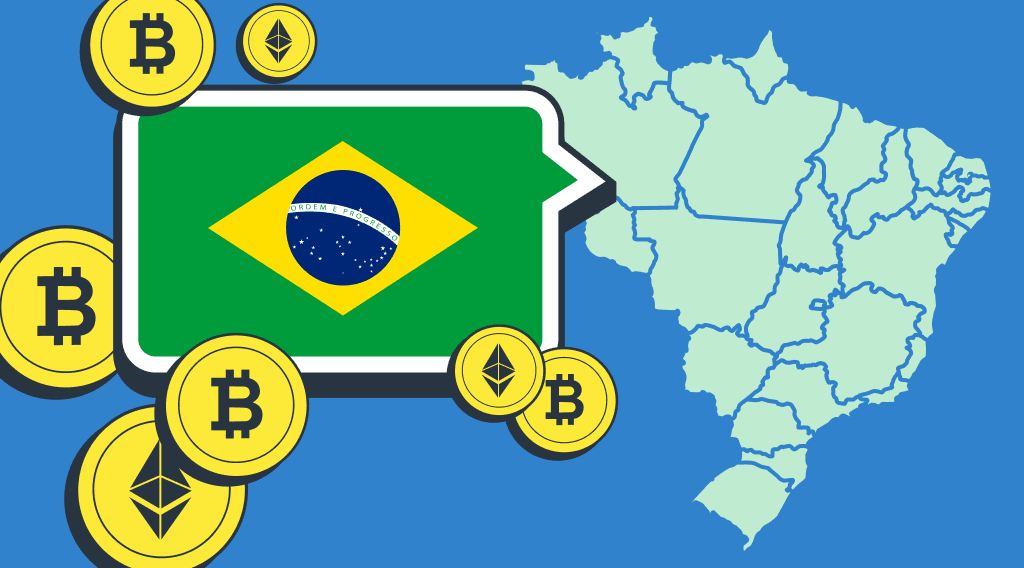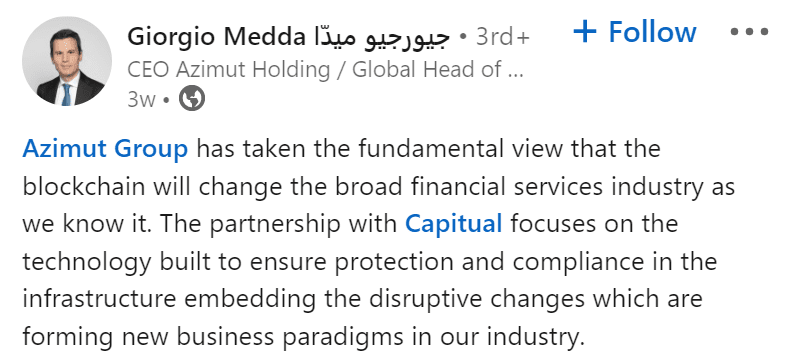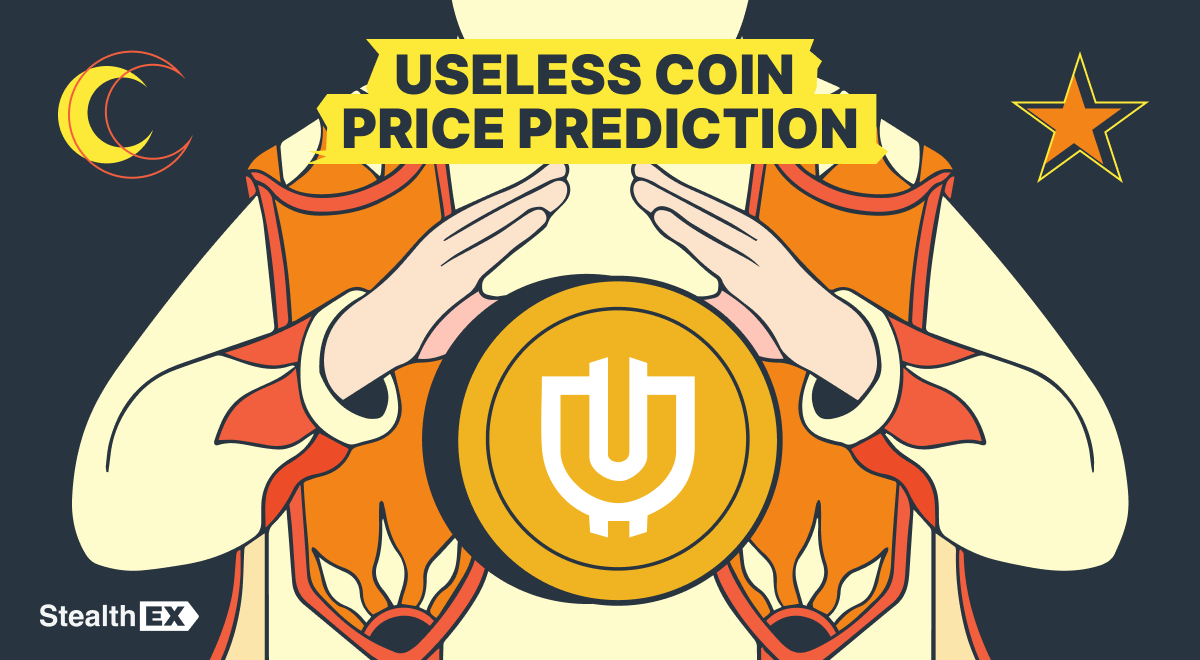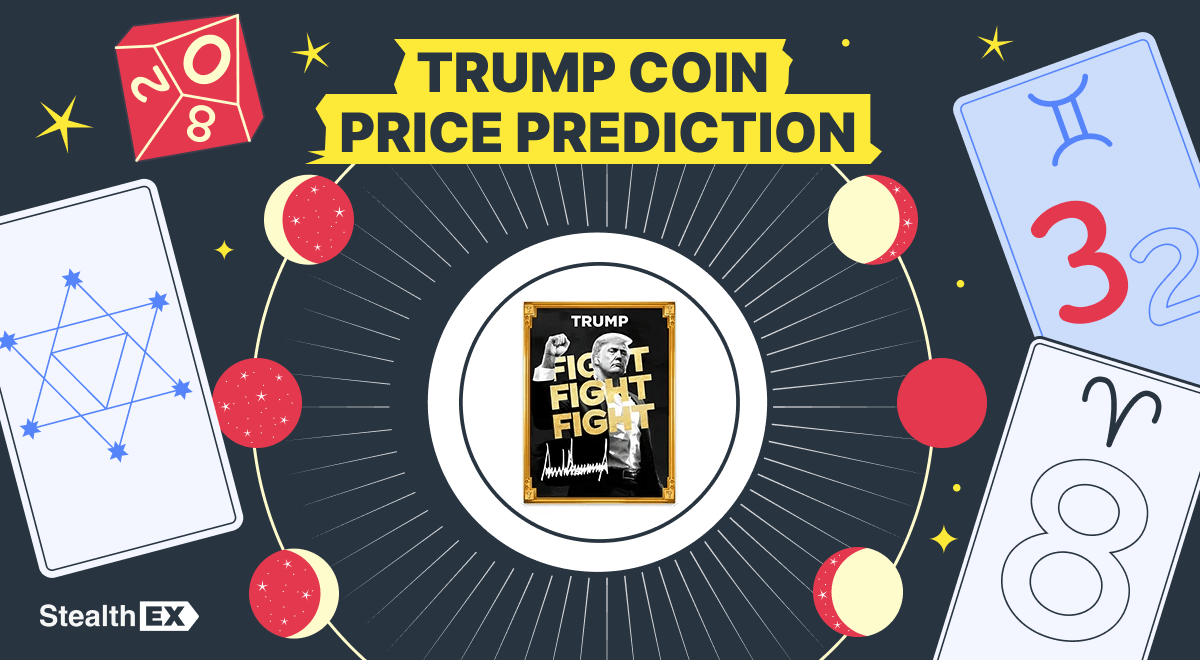Brazil and Bitcoin: Is Crypto Legal in Brazil?

Many countries in the world embrace cryptocurrencies, while others tighten their regulations related to digital assets. Cryptocurrencies and blockchain technologies in general remain quite attractive for public authorities in Brazil: over the past several years, a handful of crypto regulations have emerged. We have already reviewed Portugal and its booming crypto market. In this article, we’ll explore the relation to cryptocurrencies in Brazil.

Article contents
Brazil and Crypto
It is true that the Federative Republic of Brazil is widely considered one of the most crypto-friendly nations in the world. In 2022, Brazil’s Central Bank published a resolution that created an ‘interdepartmental working group’ focused on tokenization. This group would ‘eventually propose regulatory amendments’ pertaining to the registration, custody, trading, and settlement activities of financial assets that use blockchain-powered technology.
Brazil Approves New Cryptocurrency Regulation
The result of the ongoing changes was a new set of regulations for the digital industry. At the end of 2022, Brazilian President Jair Bolsonaro signed a bill that provides a comprehensive regulatory framework for the use and trading of cryptocurrency within the country.
The new law establishes a crime of fraud involving virtual assets, with a penalty of between four and six years in jail plus a fine. It also creates a ‘virtual service provider’ license, which is to be requested by digital asset companies, including exchanges and trading intermediaries. Digital assets that are considered securities, according to the new regulations, will be supervised by the Brazilian Securities and Exchange Commission (CVM). Although the bill does not confer on any cryptocurrency the status of a ‘legal tender,’ the mere recognition of these digital assets by the country’s law will significantly spur adoption.
According to the new law, virtual asset providers (VASPs) are defined as entities that execute, on behalf of third parties, at least one of these services: exchange between virtual assets and national or foreign currency, or between one or more virtual assets; transfer of virtual assets; custody or administration of virtual assets or of instruments that enable control over these assets; and the participation in financial services and offering of services related to the offer by an issuer or the sale of virtual assets.
Binance, MasterCard and Brazil
As Brazil is seen as one of the most loyal countries towards crypto, many companies see it as a growing market for their crypto services. In October, Binance, the world’s largest crypto exchange in terms of business volume, opened two offices in Brazil. At the beginning of 2023, Binance and Mastercard announced the launch of Binance Card in Brazil.
Brazil is among the top 10 markets for Binance globally and becomes the second country in Latin America to have the product, following its release last year in Argentina. The prepaid card is part of the ongoing efforts toward evolving the bridge between existing financial services and the growing crypto ecosystem. The card is in a testing phase and will be widely available in the coming weeks.
The 2022 Mastercard New Payments Index, a global survey of more than 35,000 respondents, found that Brazil is one of the top markets in crypto interest across the world: 49% of Brazilian consumers have done at least 1 crypto-related activity in the past year in comparison with the global average of 41%.
LATAM Crypto Businesses
In 2022, one of the popular Latin American e-commerce powerhouses MercadoLibre decided to expand its services to the Brazilian market with the launch of its first digital coin. Dubbed Mercado Coin, the blockchain-based cryptocurrency was developed in partnership with Argentine fintech and crypto specialist Ripio, which will be the custodian and the exchange behind the cryptocurrency’s operations carried out via MercadoLibre’s ecosystem.
The overall user of MercadoLibre – or Mercado Livre, in its Brazilian version – will be able to receive Mercado Coin as cashback when purchasing selected products on the platform. The cryptocurrency does not expire and is cumulative. The strategy demonstrates MercadoLibre’s intention to leverage the currency through loyalty and discounts. The company has 84mn active users and a global sales volume of over $20bn a year.
The project took 18 months of development and engaged different professionals and teams within the company, said Priscilla Faro, legal director at MercadoLibre in Brazil for fintech and regulatory affairs.
At the beginning of 2023, Capitual, a multicurrency digital bank that offers cryptocurrencies in Brazil, partnered with Azimut to expand its services to various European countries and Mexico. The Brazilian company that offers fiat on-ramp services is the point of entry into its country for many sizable global cryptocurrency exchanges, including Kucoin, Huobi, and Bitget, but this latest partnership will finally allow the company to offer its services internationally.

Giorgio Medda, the CEO of Azimut, posted on LinkedIn that ‘the partnership with Capitual focuses on the technology built to ensure protection and compliance in the infrastructure embedding the disruptive changes which are forming new business paradigms in our industry.’
Brazil Crypto Influencers
The crypto industry in Brazil has a fair share of supporters. President of the Central Bank of Brazil, Roberto Campos Neto, launched an agenda of digital innovation with his management of Pix, the financial authority’s quick transaction system that quickly gained popularity among the Brazilian population. Campos Neto also leads the country’s central bank digital currency project, the Real Digital, which is still in the analysis phase, but could start its first trials as early as 2023.
Another influential figure in the world of blockchain is Reinaldo Rebelo, the CEO of the largest cryptocurrency exchange in Brazil, and this crypto exchange is called Mercado Bitcoin. Over the past few years, the exchange has expanded the exposure of the Brazilian financial market to cryptocurrencies, widened operations, and reached the mainstream. The exchange has run advertising campaigns on large vehicles, sponsored football teams, and launched fan tokens of Brazilian football giants on its platform, in addition to innovating with judiciary bond tokens and other crypto products. The market has its own coin – MBRL.

Other crypto influencers in Brazil include Marcelo Sampaio, the co-founder and CEO of Hashdex, the largest crypto asset manager in the Brazilian financial market, Daniel Coquieri, the founder of the Brazilian exchange BitcoinTrade, founded Liqi in 2021, and many more.
Brazilian ATMs
São Paulo had the highest population of any city in Brazil and in 2021 boasted the most companies with a cryptocurrency ATM or in-store payment method. Brazil was also estimated to have a handful of Bitcoin ATMs in 2022, with most of these installations located in the country’s largest city. At the moment, there’s 11 ATMs that accept Bitcoin only in São Paulo.
In 2022, Tether announced that it plans to make its USDT cryptocurrency, the world’s dominant stablecoin by market capitalization, available at over 24,000 ATMs across Brazil.
Conclusion – What to Expect?
As we can see, the bond between Brazil and cryptocurrency is indeed a strong one and will most likely continue to develop in the future. Brazil’s economy has recently endured steep inflation. September marked the first month since June 2021 that inflation fell under 9%. In 2021, Brazilian reliance on stablecoins more than tripled. All this contributes to people’s uncertainty and their need for new and emerging digital assets that they believe may help them save their money from inflation. This will undoubtedly lead to further cryptocurrency adoption and recognition.
If you are wondering how to buy cryptocurrency in Brazil, you can always use the user-friendly and non-custodial StealthEX crypto exchange platform. Don’t forget that our service is available in Portuguese to make your buying process even smoother. And moreover, the Brazilian real (BRL) is available among fiat currencies. You can purchase crypto privately and without the need to sign up for the service. Our crypto collection has more than 700 different coins and you can do wallet-to-wallet transfers instantly and problem-free.
How to Buy Cryptocurrency in Brazil?
Just go to StealthEX and follow these easy steps:
- Open the «Buy» crypto window instead of the automatically loaded «Exchange».
- Then select fiat currency and choose the cryptocurrency that you want to buy. For instance, Brazilian Real (BRL) to Bitcoin (BTC).
- Enter your crypto wallet address.
- When buying an amount of crypto under €700, or the equivalent of this amount in other currencies, for the first time you won’t need to take the KYC procedure. So just send in the fiat and wait for your purchase to go through!
- Receive your BTC coins.
Make sure to follow us on Medium, Twitter, Telegram, YouTube, and Publish0x to stay updated about the latest news on StealthEX.io and the rest of the crypto world.
Don’t forget to do your own research before buying any crypto. The views and opinions expressed in this article are solely those of the author.
Bitcoin Brazil crypto world cryptocurrency adoption how to buy cryptoRecent Articles on Cryptocurrency
 Useless Coin Price Prediction: Is USELESS Crypto a Good Investment?
Useless Coin Price Prediction: Is USELESS Crypto a Good Investment?  OFFICIAL TRUMP Coin Price Prediction: How High Will TRUMP Crypto Go?
OFFICIAL TRUMP Coin Price Prediction: How High Will TRUMP Crypto Go? 
